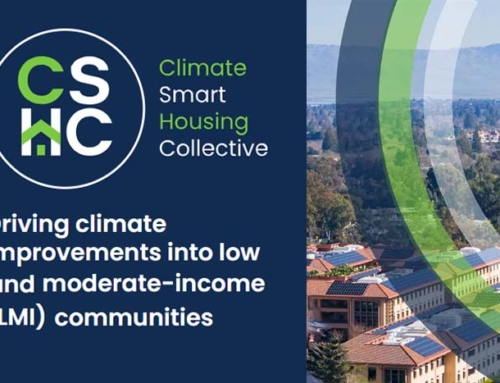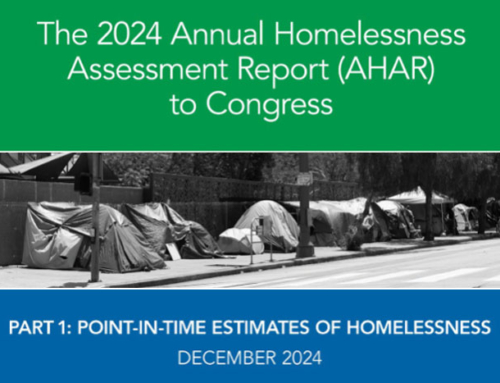A new report that looks at conflicts between two laws that have an outsized impact on housing development – When Super Statutes Collide: CEQA, the Housing Accountability Act, and Tectonic Change in Land Use Law – was recently released by authors Christopher Elmendorf from U.C. Davis and Timothy Duncheon of Covington & Burling LLP. One of the laws, the California Environmental Quality Act (CEQA), has been used to slow down or kill new housing development, while the other, the Housing Accountability Act (HAA), seeks to eliminate barriers to new homes.
CEQA was approved more than 50 years ago. And while the HAA was originally approved in 1982, it has been strengthened over the years and is now being enforced by the State Department of Housing and Community Development and the Attorney General. The authors highlight a number of case studies where the two laws have collided and find that lawsuits filed in recent years have not resulted in clarity for the development community. The authors state that “CEQA’s working premise is that ‘new construction’ is bad for the environment…By contrast, the HAA regards housing construction in urbanized areas as presumptively good for the environment.”
The report includes suggestions for legislation and administrative action that could provide this clarity. As mentioned earlier in this newsletter, while the Governor pushed forward CEQA reform for infrastructure this year, he did not propose similar reform for housing development (see article — Budget Trailer Bills Include CEQA Reforms for Infrastructure but not Housing).
© LeSar Holdings/LeSar Development Consultants. All Rights Reserved. Please be advised that any republishing of copyrighted material provided by our organization, in whole or in part, requires prior written authorization. For permission, please reach out to [email protected]. We appreciate your understanding and compliance in upholding copyright laws.














